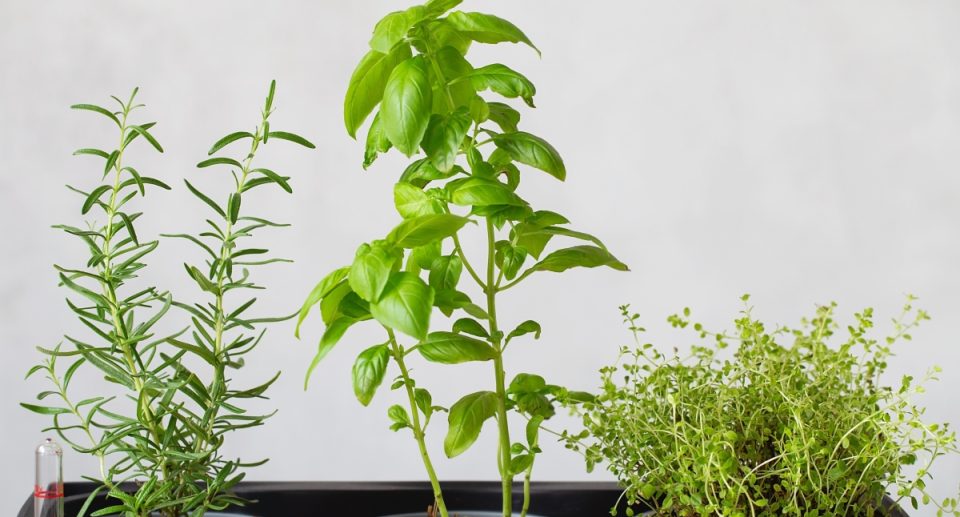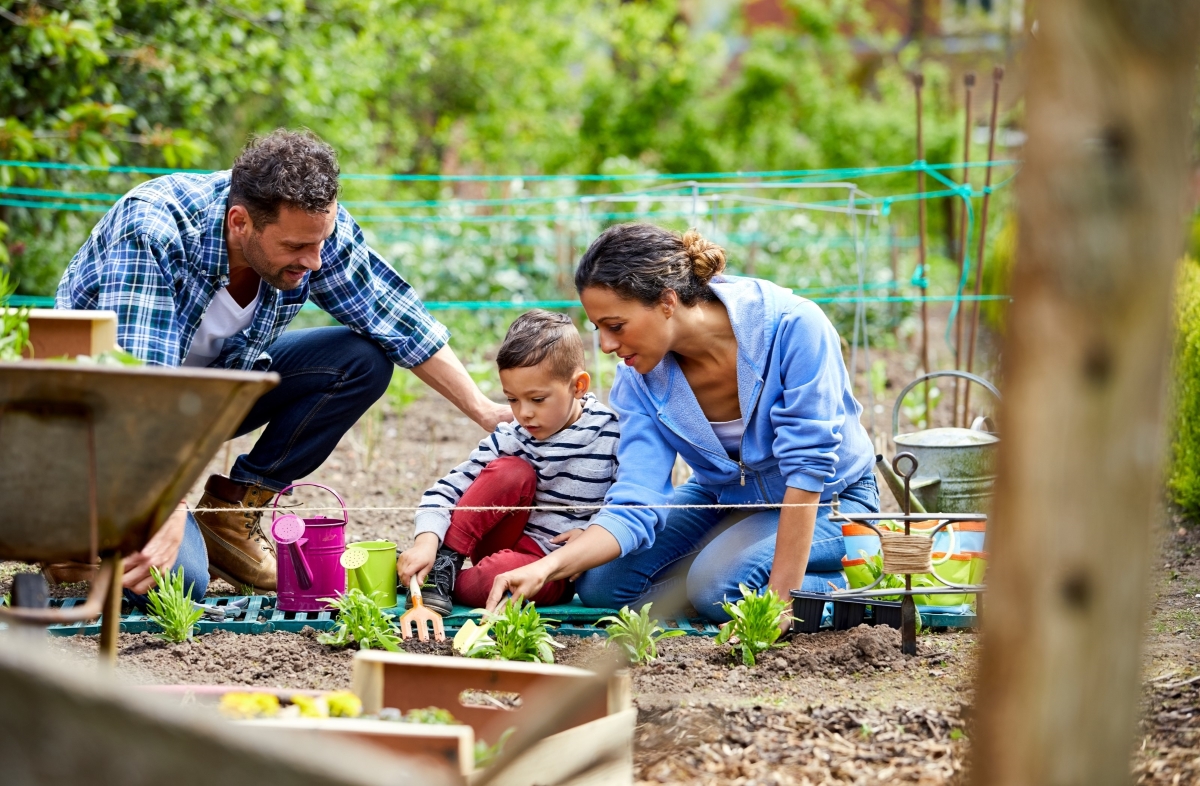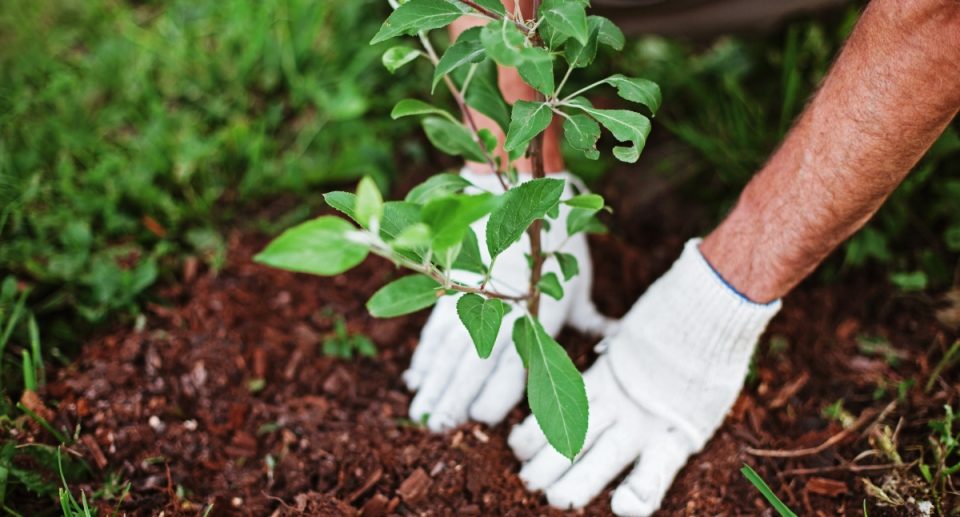The Benefits of Gardening for Mental and Physical Health in Seniors

Gardening is an enjoyable activity that offers much more than the satisfaction of growing plants. It provides many mental and physical health benefits for seniors, contributing to a happier, healthier lifestyle. Whether growing vegetables, flowers, or herbs, tending to a garden can improve your overall well-being in several ways. In this article, we explore the key mental and physical health benefits of gardening for seniors and why it’s worth considering.
1. Physical Health Benefits of Gardening

A. Enhances Mobility and Flexibility
Gardening involves a range of physical movements, from bending and reaching to digging and lifting. These activities help improve mobility and flexibility, which are essential for maintaining independence as we age. Regular gardening helps keep joints supple and muscles strong, allowing seniors to move more comfortably daily.
B. Provides Low-Impact Exercise
Gardening is an excellent source of low-impact exercise that can be tailored to suit a variety of fitness levels. Activities like planting, weeding, and watering involve gentle stretching and moderate physical exertion, which can help improve cardiovascular health without the strain of more intense forms of exercise. This type of physical activity is ideal for seniors who want to stay active without putting too much stress on their bodies.
C. Improves Strength and Coordination
Lifting pots, pulling weeds, and using gardening tools can help improve muscle strength and coordination. Gardening works multiple muscle groups, including those in the arms, legs, and back, which helps seniors maintain their strength and balance. These improvements can reduce the risk of falls and injuries, contributing to better overall physical health.
D. Encourages Vitamin D Absorption
Spending time outdoors while gardening allows the body to absorb vitamin D from sunlight, essential for bone health and immune function. Vitamin D also plays a role in regulating mood, making it an important factor in physical and mental health. Regular sunlight while tending the garden can boost vitamin D levels and help prevent deficiencies common in seniors.
E. Promotes Better Sleep
Even in moderate amounts, physical activity during the day helps promote better sleep at night. Gardening can be a natural way to improve sleep patterns by reducing stress and expending physical energy. For seniors who struggle with insomnia or irregular sleep, gardening can help regulate their sleep-wake cycles.
2. Mental Health Benefits of Gardening
A. Reduces Stress and Anxiety
Gardening has a calming effect on the mind, offering a peaceful environment to escape from the stresses of daily life. The repetitive motions of planting, pruning, and watering plants can create a meditative rhythm that soothes anxiety and promotes relaxation. For seniors, gardening serves as an effective way to manage stress, providing a sense of tranquility that improves mental well-being.
B. Boosts Mood and Happiness
Caring for plants and watching them grow can bring a deep sense of accomplishment and joy. Gardening stimulates the release of endorphins, the body’s natural “feel-good” hormones, which help boost mood and happiness. This is particularly beneficial for seniors who may experience feelings of loneliness or depression. The act of nurturing living things and seeing them thrive creates a positive emotional connection that uplifts the spirit.
C. Provides a Sense of Purpose
Gardening gives seniors a meaningful daily task, offering a sense of purpose and responsibility. Tending to plants requires regular attention, which can help create a routine and give structure to the day. This sense of purpose is especially important for seniors who may feel a loss of identity after retirement or when their children leave home. Gardening can fill this void by giving them something to care for and look forward to each day.
D. Encourages Mindfulness
Gardening encourages mindfulness by requiring full attention to the task at hand. Whether planting seeds, pruning branches, or watering flowers, the focus required helps seniors stay present at the moment. This mindfulness practice can improve cognitive function, reduce mental clutter, and foster a sense of inner peace.
E. Boosts Cognitive Function
The mental engagement involved in gardening—from planning a layout to remembering when to water plants—can help keep the brain sharp. Gardening stimulates problem-solving and creative thinking, which are important for maintaining cognitive health as we age. Studies have shown that seniors who engage in mentally stimulating activities like gardening may reduce their risk of cognitive decline and dementia.
3. Social and Emotional Benefits of Gardening

A. Builds Connections with Others
Gardening can also be a social activity that fosters connections with others. Many seniors enjoy gardening in community gardens or with friends and family, allowing them to share tips, seeds, and plants. These social interactions help combat feelings of isolation and loneliness, offering a sense of community and support. Joining gardening clubs or attending local gardening workshops can also provide opportunities for seniors to meet new people and expand their social circles.
B. Enhances Emotional Resilience
The challenges and rewards of gardening can help build emotional resilience. Gardeners must be patient, as plants take time to grow, and they must also learn to cope with setbacks like pests, weather conditions, or failed crops. These experiences teach perseverance and adaptability, qualities that can strengthen emotional resilience in seniors. The ability to nurture plants through difficult conditions translates into greater confidence in handling life’s challenges.
C. Fosters Connection with Nature
Gardening reconnects seniors with nature, which has a profoundly positive effect on emotional health. Being in nature has been shown to reduce symptoms of depression, anxiety, and stress. Gardening allows seniors to immerse themselves in the sights, sounds, and smells of the natural world, fostering a deep sense of well-being and contentment. This connection with nature is both calming and energizing, offering a refuge from the fast-paced modern world.
4. Gardening as a Lifelong Activity

A. Adapting Gardening for Mobility Issues
Gardening can be easily adapted for seniors with mobility issues or physical limitations. Raised beds, container gardening, or vertical gardens reduce the need for bending and kneeling, making it easier for those with arthritis or joint pain to continue gardening. There are also ergonomic gardening tools designed for seniors that require less strength and reduce strain on the hands and wrists.
B. Gardening in Small Spaces
Even if you don’t have a large backyard, gardening can still be an option. Container gardening, window boxes, or small vertical gardens can be placed on patios, balconies, or even indoors. These small-scale gardens offer the same mental and physical health benefits without requiring much space or effort, making them ideal for seniors living in apartments or retirement communities.
C. A Hobby for All Seasons
Gardening is a hobby that can be enjoyed throughout the year. In the spring and summer, you can plant and maintain outdoor gardens, while in the fall and winter, you can focus on indoor plants, start seedlings, or plan your next growing season. The continuity of gardening through different seasons provides ongoing physical activity and mental stimulation, making it a hobby that offers benefits year-round.
Conclusion

Gardening is more than just a pastime—it’s a powerful tool for improving the mental and physical health of seniors. From enhancing mobility and strength to reducing stress and fostering emotional well-being, gardening provides a holistic approach to wellness. Whether you have a large backyard or a small balcony, gardening can be adapted to fit your space and abilities. Embrace the joys of gardening and experience the many health benefits it brings to your life.





